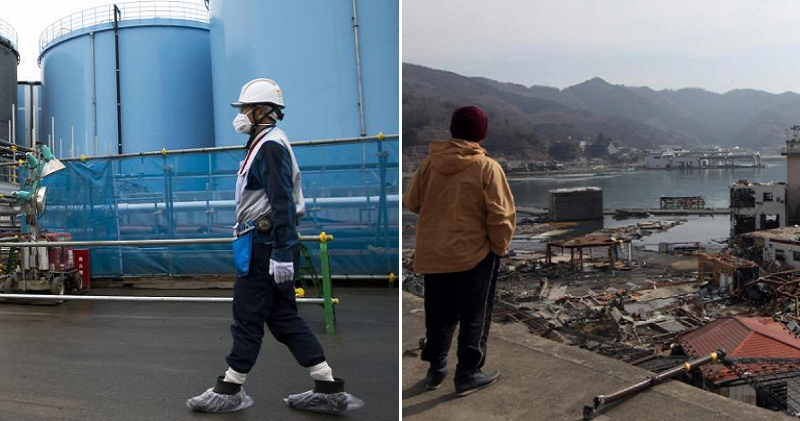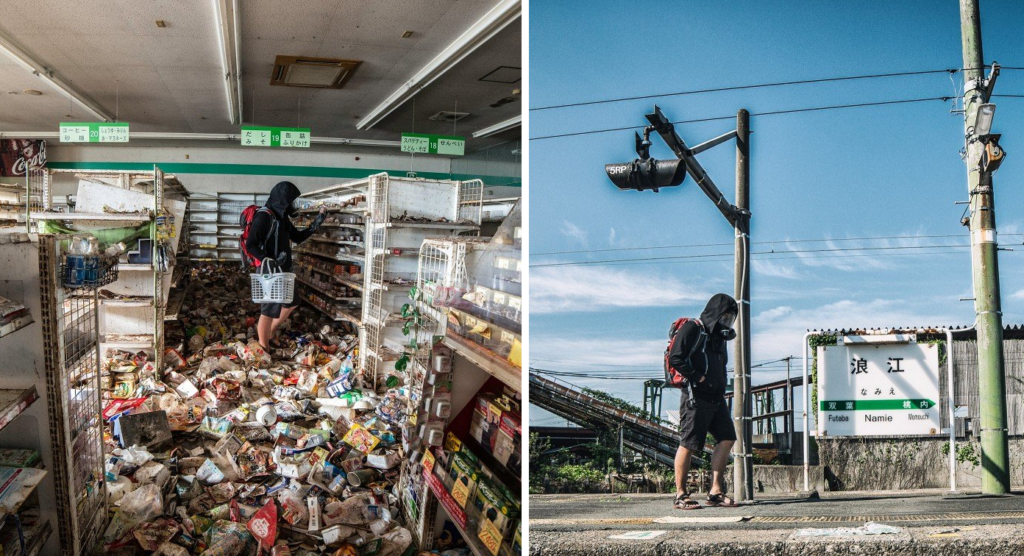Remember when Japan experienced one of the largest nuclear disasters back in 2011? An earthquake and subsequent tsunami resulted in what is now known as the Fukushima nuclear disaster, which caused the deaths of over 15,000 people and the displacement of some 160,000 residents.
The massive effort to clean up the aftermath of this disaster is expected to last until the 2050s. That’s a really long time!
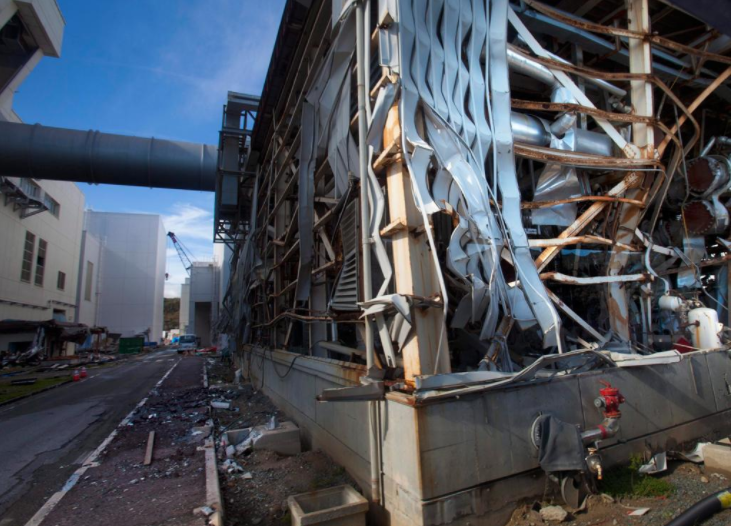
Source: independent
A recent development in the clean up project of the Fukushima disaster has caused netizens everywhere reeling in shock.
That’s because Tokyo Electric Power Company (TEPCO) chairman Takashi Kawamura announced their plans to dump almost 777,000 tons of water tainted with tritium into the Pacific Ocean. Are you serious?!
Currently, there are 580 barrels of these toxic water in the plant, which is running out of space fast. According to Japan Times, Kawamura says, “The decision has already been made,” but they will ultimately need the government’s approval to proceed further.
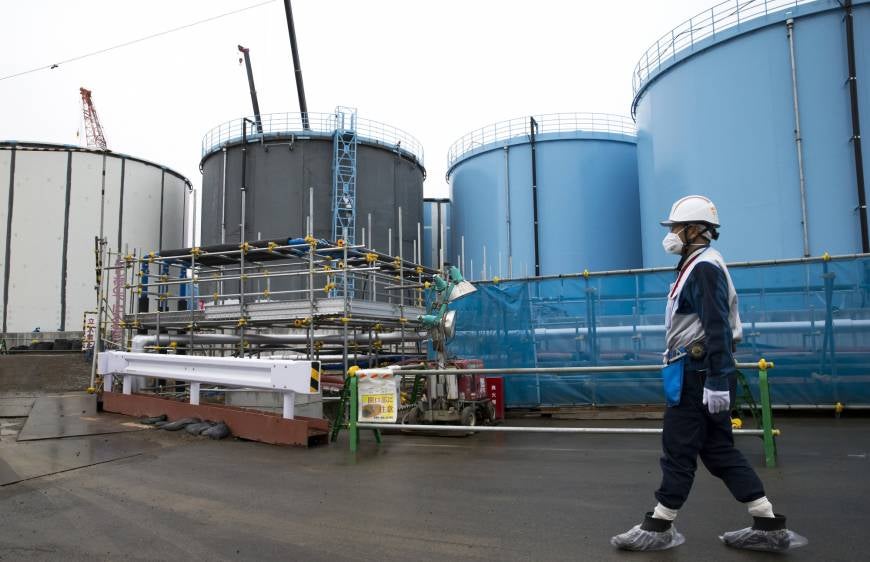
Source: japan times
“We cannot keep going if we do not have the support of the state, Fukushima Prefecture, and other stakeholders,” he added.
Nuclear Regulation Authority chairman Shunichi Tanaka fully supports this decision and urges TEPCO to do so. he even said, “An operator lacking the will to take the initiative does not have the right to resume operation of nuclear reactors.”
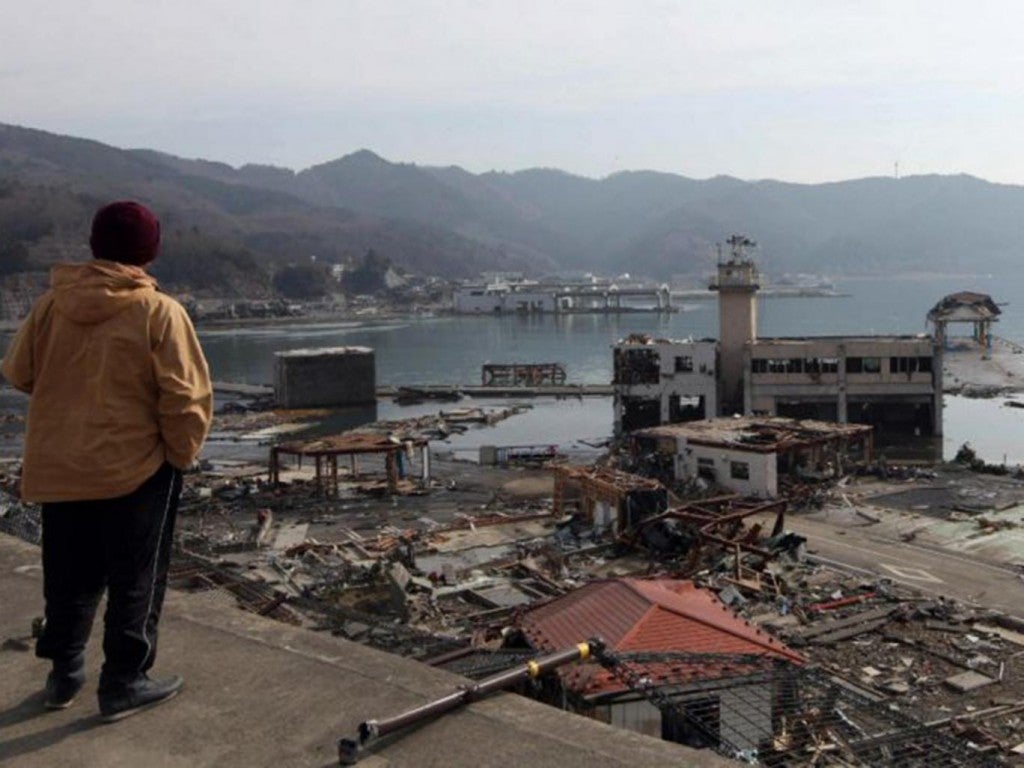
Source: independent
According to The Guardian,Tanaka said, “Tritium is so weak in its radioactivity it won’t even penetrate plastic wrapping.” However, the substance is harmful when ingested in high amounts.
Simon Boxall, an oceanographer at the University of Southampton clarifies this by saying,
“…if they do end up putting the material in the Pacific, it will have minimal effect on an ocean basin scale.”
“In an ideal world, we wouldn’t be in this situation. But the question is, what is the safest way forward? In many ways this is a pragmatic solution.”
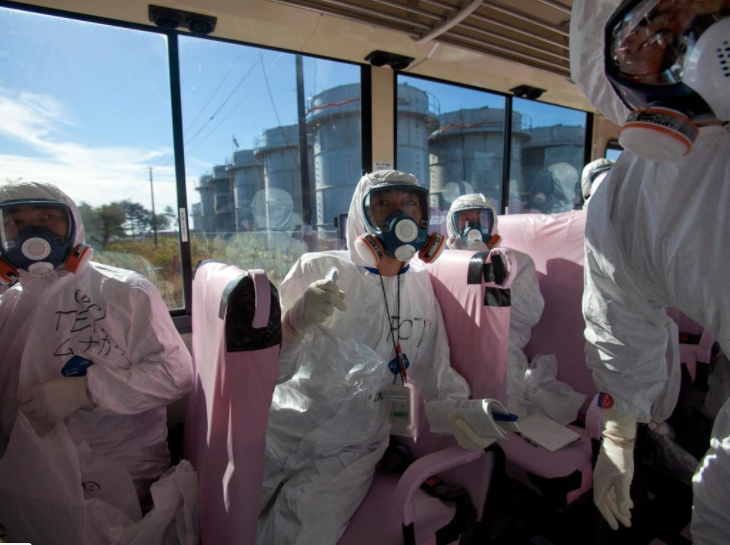
Source: independent
Meanwhile, local residents object vehemently to this practice, fearing that it would further impact the livelihood of the fishing industry as the released contaminated water would take time to disperse and will ruin the public’s perception of Japan’s seafood.
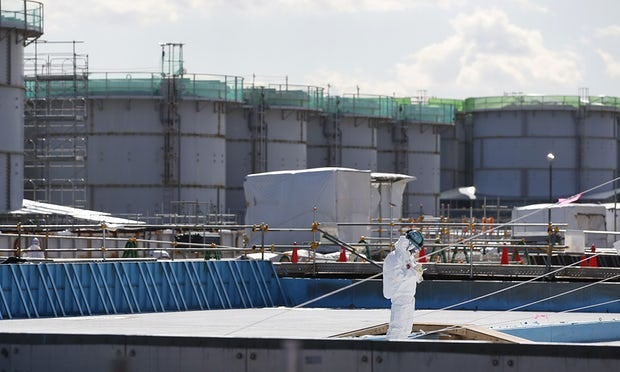
Source: guardian
Environmental activists also raise another cause for concern for this dumping as they fear that it will become a norm. “They say that it will be safe because the ocean is large so it will be diluted, but that sets a precedent that can be copied, essentially permitting anyone to dump nuclear waste into our seas,” Aileen Mioko-Smith of Green Action Japan said.
This is a big deal, especially for those who eat a lot of Japanese seafood like sushi! Will they be safe enough for us to consume? Guess we’ll have to see what happens!
Also read: Malaysian Sneaks into Radioactive Fukushima Zone And Captured These Eerily Beautiful Pictures

